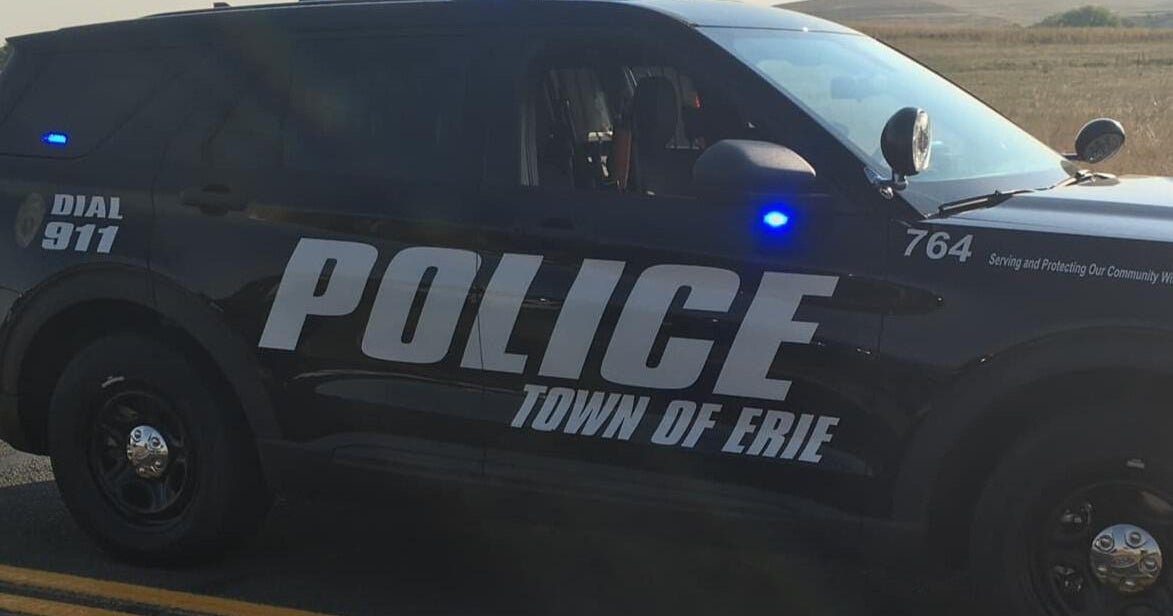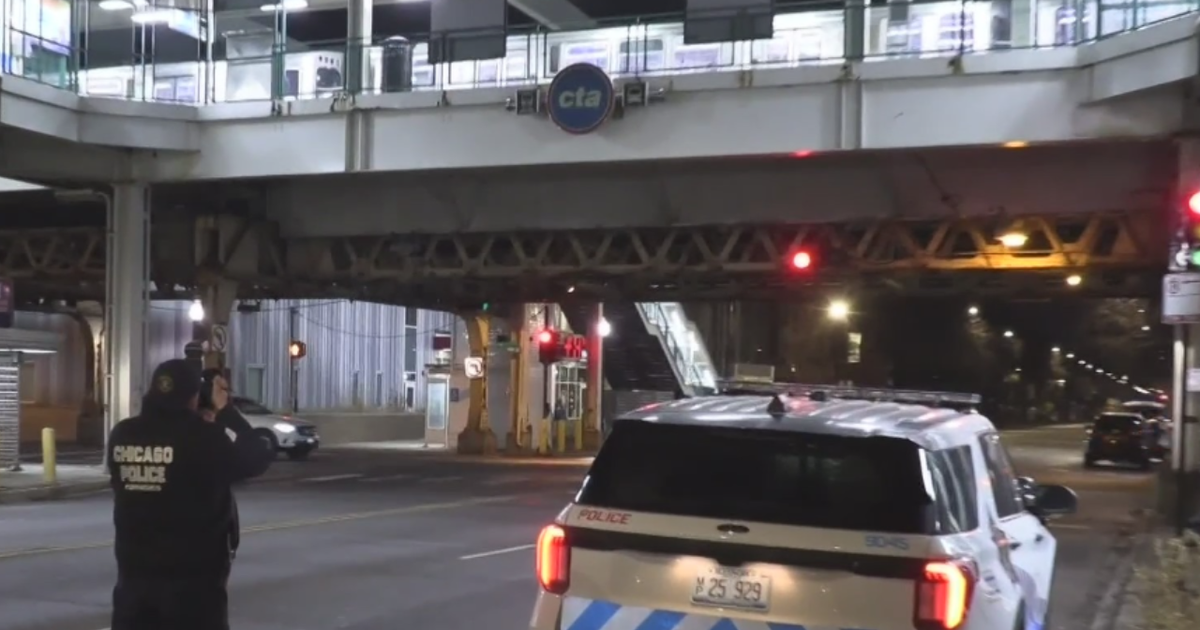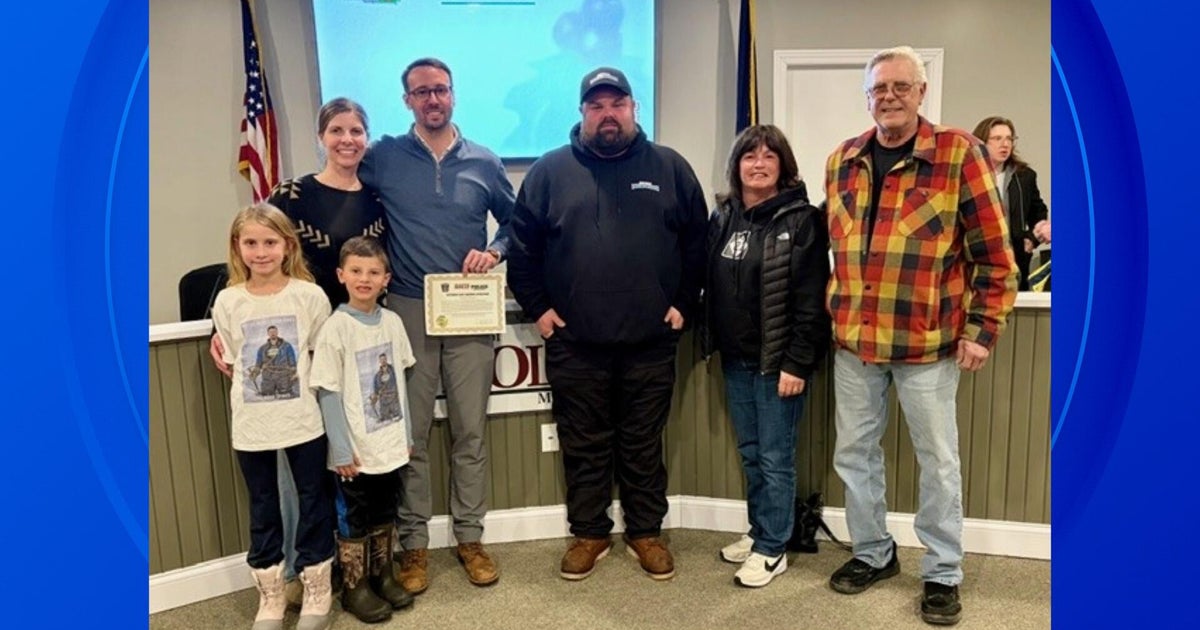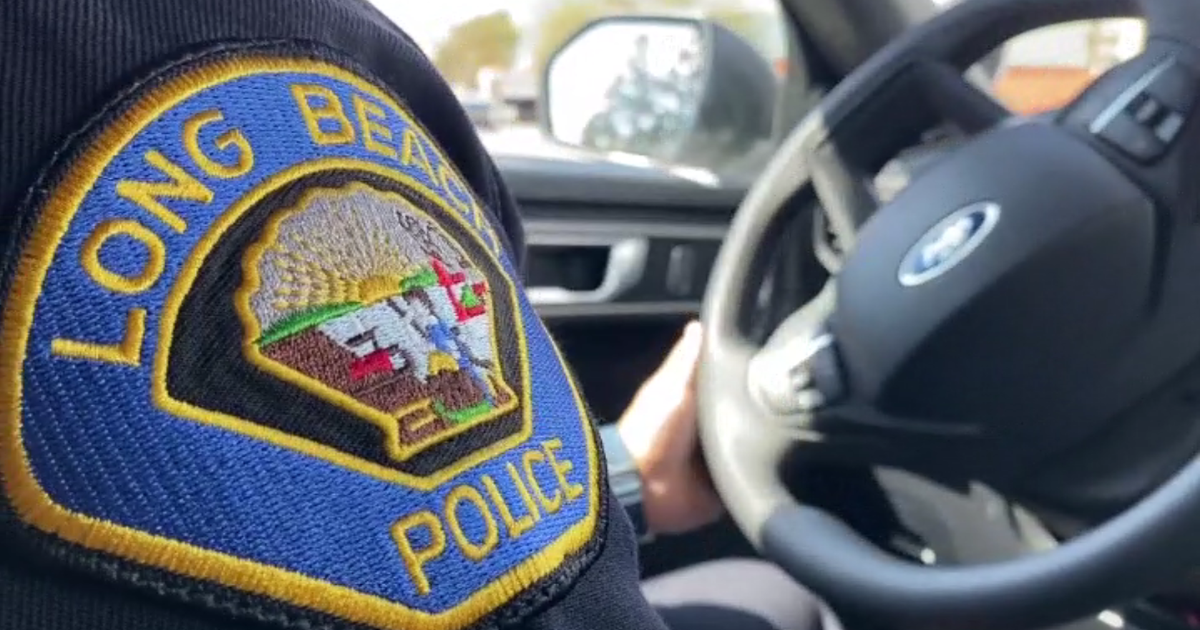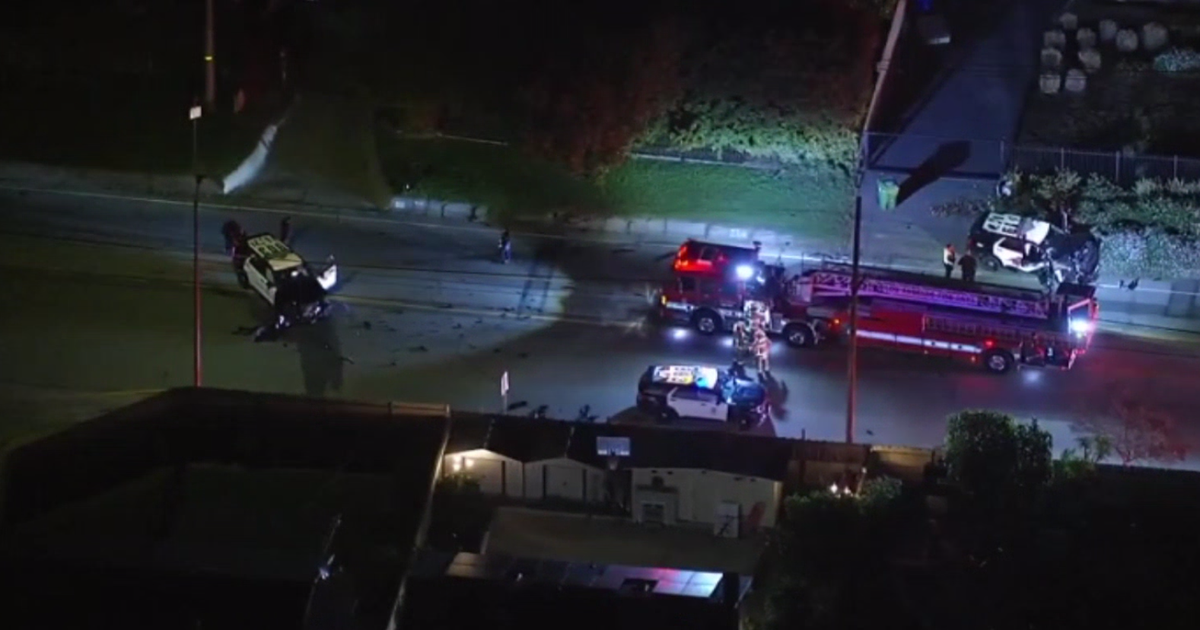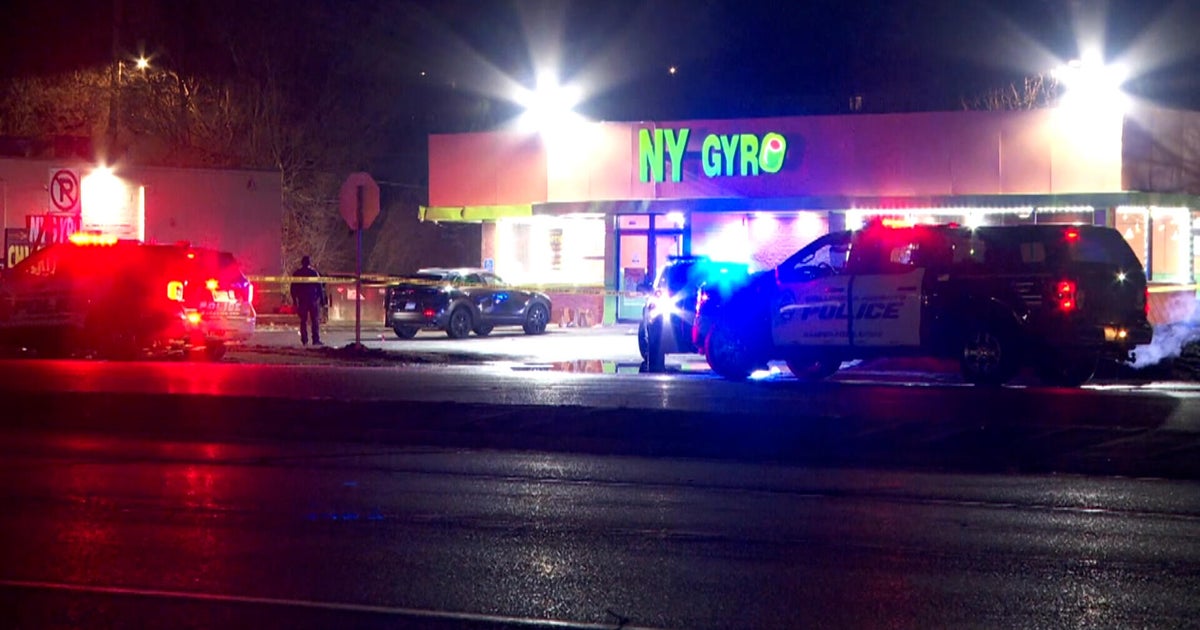Long Island first responder among first in country to receive "game changer" surgery for peripheral artery disease
NEW YORK -- An estimated 12 million Americans suffer from peripheral artery disease, but many more are believed to be undiagnosed. A first responder on Long Island is said to be the first in the country, outside a clinical trial, to undergo a life-saving surgery for the disease.
Long Island first responder working through excruciating pain
Going on nearly three decades with the Lynbrook Volunteer Fire Department and a former New York City Police Department detective, it's clear Patrick Curran has a heart for helping others.
"It's an enjoyment. I get a big kick out of it, to help people and save lives," he said.
But for years, the 59-year-old diabetic has been doing so while in excruciating pain. He suffers from peripheral artery disease, a common condition caused by plaque buildup in the arteries, which reduces blood flow to his legs and feet. It's led to extreme swelling and ulcers, putting Curran at risk of amputation, heart attack or stroke.
"This ulcer was obviously not healing because he did not have enough blood supply," said Dr. Prakash Krishnan, director of endovascular interventions at Mount Sinai.
After several failed minimally invasive procedures to open up arteries, Curran was referred to Krishnan, who proposed trying a new FDA-approved device.
"'You'd be the first person in North America, United States to have it done. Would you be interested?' I says if it saves me and it would save others from getting surgery or an amputation. He goes, 'That's exactly what it's all about.' I says, then yeah, I'm interested," Curran said.
"It is absolutely a game changer"
It's called Esprit BTK System, described by maker Abbott as a "first of its kind below-the-knee dissolving stent."
"The scaffold is a substance that actually allows the artery to be propped open like a stent does. It contains a drug that prevents the re-blockage of the artery, and after a couple of years, the scaffold disappears," Krishnan said.
Since Curran, about 20 people have had the procedure at Mount Sinai, with many more to come.
"It absolutely is a game changer. Because 'til this device was approved, we were all doing the same thing. We're all doing balloon angioplasty ... However, at the end, these patients kept coming back," Krishnan said.
So far, so good for Curran, who can't wait to get back to doing what he loves -- saving lives.
"Getting on the fire truck and getting in the ambulance and you know, doing my thing," Curran said.
Peripheral artery disease disproportionately communities of color. According to the American Heart Association, nearly 1 in 3 Black adults may develop the disease.

